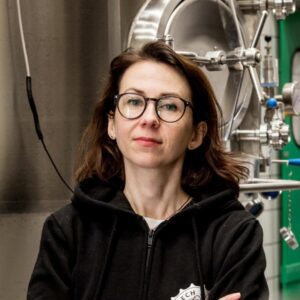W obliczu dynamicznych zmian w branży alkoholowej, polski rynek został opanowany przez rewolucję napojów “alkoholowych” bez alkoholu. Bezalkoholowe piwa stanowiły pionierską falę, zdobywając taką popularność, że obecnie są powszechnie dostępne w każdym sklepie spożywczym. Marki oferują szeroki wybór od tradycyjnych smaków po wyrafinowane propozycje kraftowe. Wraz z rosnącym zainteresowaniem konsumentów, browary poszły o krok dalej, prezentując smakowe wersje piw 0% dla tych, którzy pragną nowych, słodkich doznań.
Ogromne zainteresowanie piwami bezalkoholowymi było jedynie początkiem rewolucji w świecie napojów bez procentów. Aktualnie konsument ma szansę znaleźć na półce sklepowej bezalkoholowy Gin, pojawia się również coraz to więcej win 0%. To niezwykle fascynujące, jak branża alkoholowa adaptuje się do zmieniających się upodobań, oferując coraz to nowe, innowacyjne opcje, które zmieniają krajobraz napojów na polskim rynku.
Co jednak z winami 0%? Czy ta branża też widzi niszę w produktach bezalkoholowych?
Wina bezalkoholowe są coraz częściej dostępne na rynku, wprawdzie nie na taką skalę jak piwa, ale obserwuje się trend rosnący w tej kategorii. Jest to z pewnością odpowiedź na zwiększające się zainteresowanie konsumentów zdrowym stylem życia oraz potrzebą wyboru alkoholowych alternatyw z różnych względów. Oferują one nie tylko oryginalne smaki i bukiet aromatów, ale także są doskonałym wyborem dla osób, które nie spożywają alkoholu.
Znaczący wzrost popularności win bezalkoholowych może być również związany z rosnącym ruchem społecznym promującym umiarkowane spożycie alkoholu. Konsumentom coraz częściej zależy na świadomych wyborach, a wino bezalkoholowe stanowi doskonałą opcję dla tych, którzy chcą unikać alkoholu. Warto również zauważyć, że rosnąca różnorodność dostępnych na rynku win bezalkoholowych sprawia, że stają się one bardziej atrakcyjne dla szerokiego spektrum konsumentów.
Czy wino pozbawione procentów to nadal wino? Na czym polega proces dealkoholizacji?
Wielu miłośników zadaje sobie pytanie, czy ten pozbawiony procentów trunek nie traci swoich wartości smakowych i zdrowotnych. Uprzedzenia te wynikają głównie z nieznajomości procesu produkcji wina bezalkoholowego, który niewiele różni się od procesu wytwarzania tradycyjnego, zawierającego procenty trunku.
Wino tradycyjne jak i to dealkoholizowane robione jest z moszczu winogronowego, czyli świeżo wyciśniętego soku z owoców winogron. Następnie taki produkt ulega fermentacji, który jest najważniejszym procesem winifikacji, czyli tworzenia wina. Wino 0% przechodzi proces winifikacji tak samo, jak tradycyjny, zawierający alkohol napój. W przypadku wina bezalkoholowego jest ono pod koniec poddawane dodatkowo dealkoholizacji, która w skrócie zazwyczaj polega na usunięciu procentów z wina w procesie ekstrakcji próżniowej. W wyniku takiego procesu wino traci alkohol, zachowując przy tym dobry smak, aromat i prozdrowotne substancje (m.in. naturalne przeciwutleniacze – polifenole).
Podsumowując wino jest napojem bogatym i skomplikowanym, w którym można się zakochać, a o tym jak je pić i komponować można rozmawiać godzinami. Kluczowe jest obecnie to, że wina dostępne są już dla osób, które z wielu względów unikają spożycia alkoholu, a nadal mogą cieszyć się jego smakiem, ubogacając posiłki czy towarzyskie spotkania.
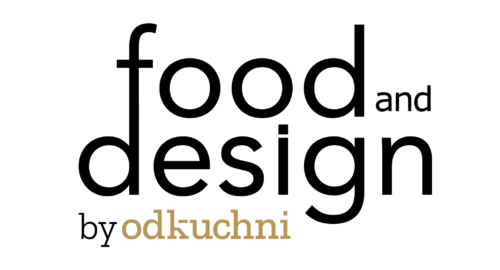
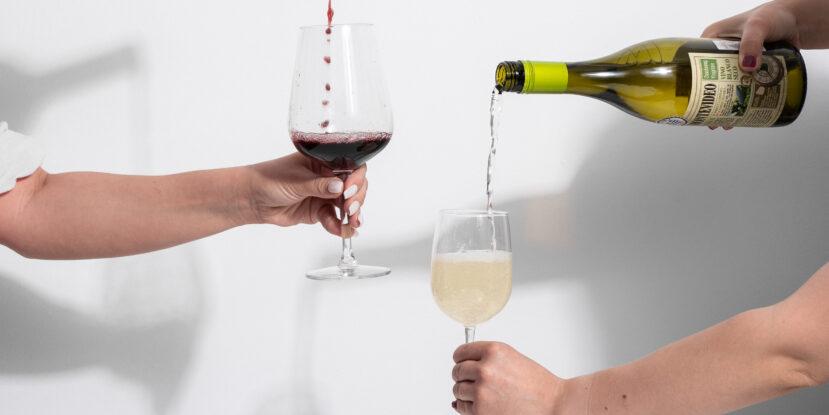
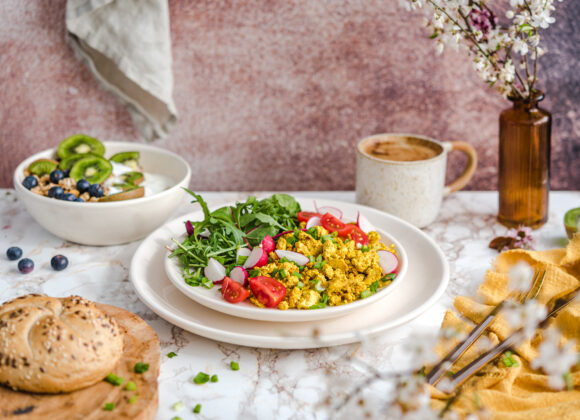
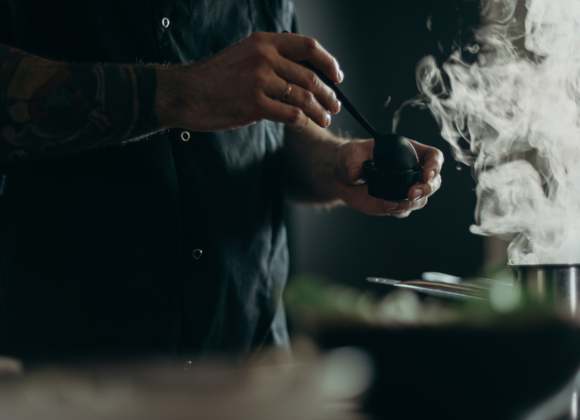
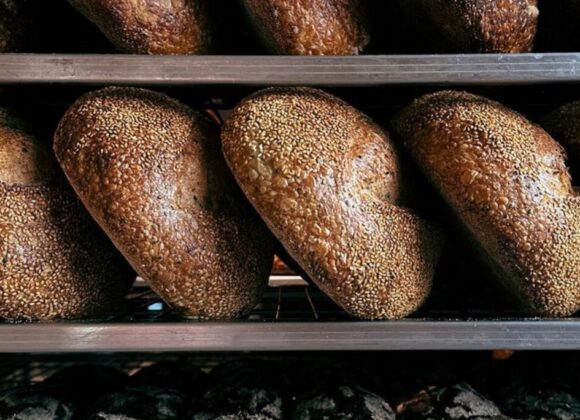

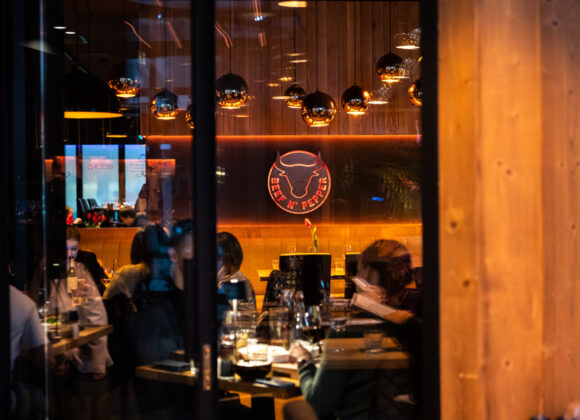
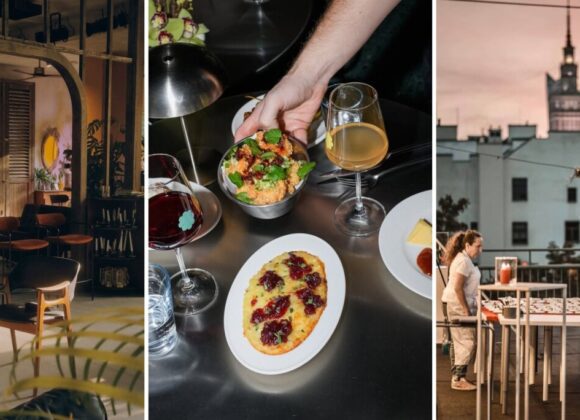


 Młodszy specjalista ds. komunikacji marketingowej i PR.
Młodszy specjalista ds. komunikacji marketingowej i PR.


 Absolwent Uniwersytetu Warszawskiego oraz Szkoły Głównej Gospodarstwa Wiejskiego. W branży HoReCa od ponad 10 lat. Przez lata związany z Grupą Trip, Sobienie Królewskie Golf and Country Club oraz restauracją Florentin w Warszawe.
Absolwent Uniwersytetu Warszawskiego oraz Szkoły Głównej Gospodarstwa Wiejskiego. W branży HoReCa od ponad 10 lat. Przez lata związany z Grupą Trip, Sobienie Królewskie Golf and Country Club oraz restauracją Florentin w Warszawe. Absolwentka Wydziału Architektury Politechniki Warszawskiej na kierunku Architecture for Society of Knowledge oraz Komunikacji Wizualnej na Politecnico di Milano. Specjalistka od budowania nastroju. Doświadczenie zdobywała w kraju i zagranicą podczas licznych warsztatów międzynarodowych (Sevilla, Lizbona, Florencja), stypendium na La Sapienza (Rzym) oraz pracując m.in. w Carmi e Ubertis i ADM Milano.
Absolwentka Wydziału Architektury Politechniki Warszawskiej na kierunku Architecture for Society of Knowledge oraz Komunikacji Wizualnej na Politecnico di Milano. Specjalistka od budowania nastroju. Doświadczenie zdobywała w kraju i zagranicą podczas licznych warsztatów międzynarodowych (Sevilla, Lizbona, Florencja), stypendium na La Sapienza (Rzym) oraz pracując m.in. w Carmi e Ubertis i ADM Milano.








 Menedżer z wieloletnim doświadczeniem w branżach kosmetycznej, spożywczej, dziecięcej. W trakcie swojej kariery związany z firmami takimi jak: L’Oreal, Samsung, Danone-Nutricia, Unilever. W ciągu swojego życia zawodowego odpowiadał między innymi za rozwój sprzedaży i contentu eCommerce w Polsce i krajach Europy Środkowo-Wschodniej.
Menedżer z wieloletnim doświadczeniem w branżach kosmetycznej, spożywczej, dziecięcej. W trakcie swojej kariery związany z firmami takimi jak: L’Oreal, Samsung, Danone-Nutricia, Unilever. W ciągu swojego życia zawodowego odpowiadał między innymi za rozwój sprzedaży i contentu eCommerce w Polsce i krajach Europy Środkowo-Wschodniej. 





